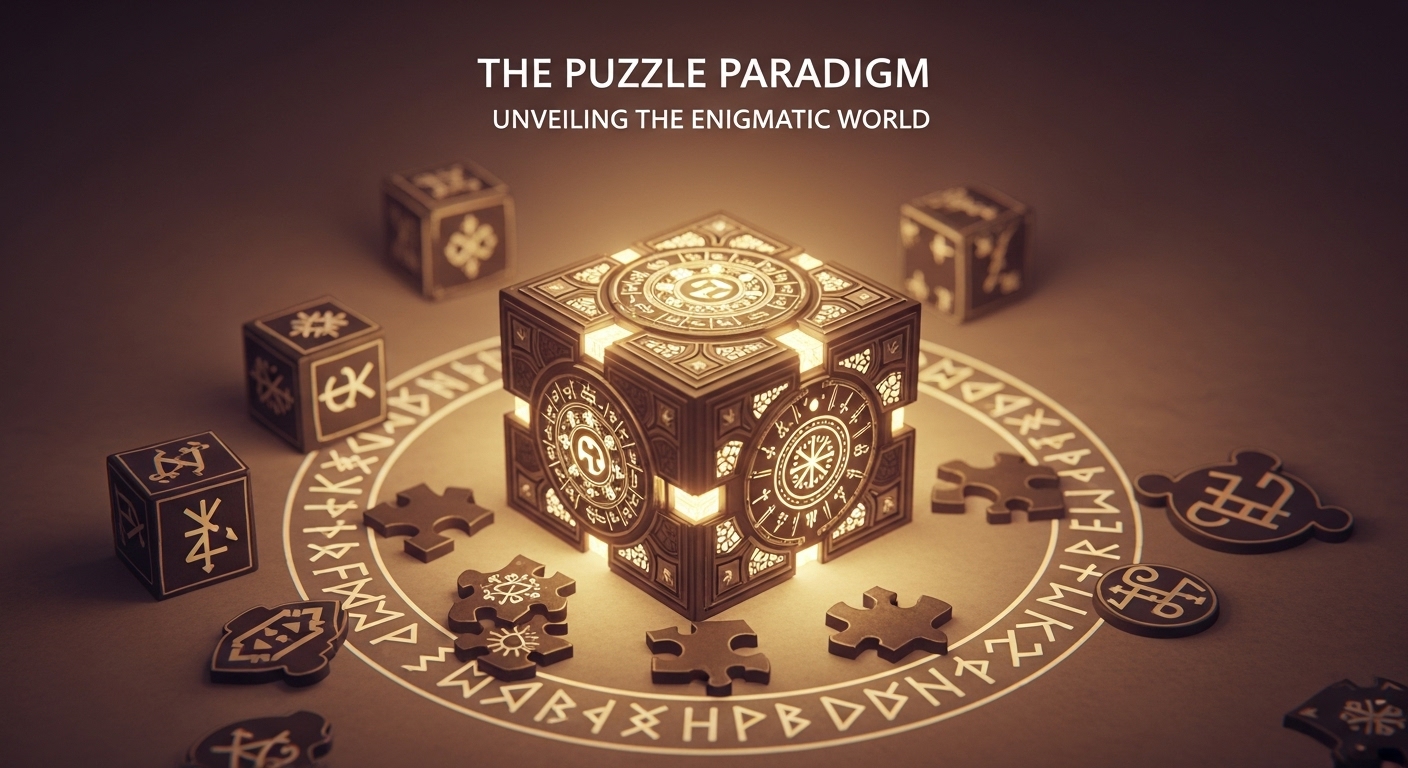**Unraveling the Mystery: A Deep Dive into the World of Puzzles**
**Introduction**
Puzzles have been a source of fascination and entertainment for centuries, captivating minds young and old across the globe. From jigsaw puzzles to brain teasers, these enigmatic challenges have a way of engaging our intellect and sparking our curiosity. In this blog post, we will delve into the rich history, significance, applications, and future trends of puzzles, unraveling the mystery behind these beloved pastimes.
**A Brief History of Puzzles**
The origins of puzzles can be traced back to ancient civilizations, where games and riddles were used to stimulate the mind and pass the time. The Chinese Tangram, dating back to the Song Dynasty, is one of the oldest known puzzles, consisting of seven geometric shapes that can be rearranged to form various designs. In the 18th century, jigsaw puzzles gained popularity, providing entertainment for both children and adults alike. Over time, puzzles have evolved to encompass a wide range of formats, including crosswords, Sudoku, and mechanical puzzles, each offering a unique challenge for enthusiasts to enjoy.
**The Significance of Puzzles**
Puzzles hold a special place in our lives, offering not just entertainment but also cognitive benefits. Engaging with puzzles can improve problem-solving skills, enhance memory retention, and boost cognitive function. For children, puzzles play a crucial role in developing spatial awareness, fine motor skills, and logical reasoning. Moreover, solving puzzles can be a therapeutic activity, reducing stress and promoting relaxation by focusing the mind on a specific task. The sense of accomplishment that comes from completing a challenging puzzle can also boost self-esteem and confidence.
**Applications of Puzzles**
Beyond their recreational value, puzzles have found applications in various fields, including education, psychology, and technology. In education, puzzles are used as educational tools to teach concepts such as math, language, and critical thinking skills. Psychologists utilize puzzles as cognitive assessments to evaluate problem-solving abilities and cognitive function. In the realm of technology, puzzles are employed in artificial intelligence research to develop algorithms that can solve complex problems efficiently. The gamification of puzzles has also been leveraged in marketing and advertising to engage consumers and promote brand awareness.
**Future Trends in Puzzles**
As technology continues to advance, the world of puzzles is evolving to embrace new trends and innovations. Virtual and augmented reality technologies are being integrated into puzzle games, offering immersive experiences and interactive challenges for players. Online platforms and mobile apps have made puzzles more accessible than ever, allowing enthusiasts to connect and compete with others worldwide. The rise of escape rooms, which combine puzzles with real-life scenarios, has garnered widespread popularity, providing a unique and engaging form of entertainment for thrill-seekers. Looking ahead, the future of puzzles is ripe with possibilities, as creators continue to push the boundaries of creativity and design in crafting new and exciting challenges for audiences to enjoy.
**Conclusion**
In conclusion, puzzles hold a timeless allure that transcends generations, offering a blend of entertainment, intellectual stimulation, and cognitive benefits. Whether you’re piecing together a jigsaw puzzle with family or tackling a challenging Sudoku on your own, the world of puzzles invites us to explore, engage, and unravel the mysteries that lie within. As we look to the future, the evolution of puzzles promises to bring forth innovative experiences that will continue to captivate and inspire puzzle enthusiasts around the world. So, grab a puzzle, sharpen your mind, and embark on a journey of discovery and delight through the fascinating world of puzzles.

